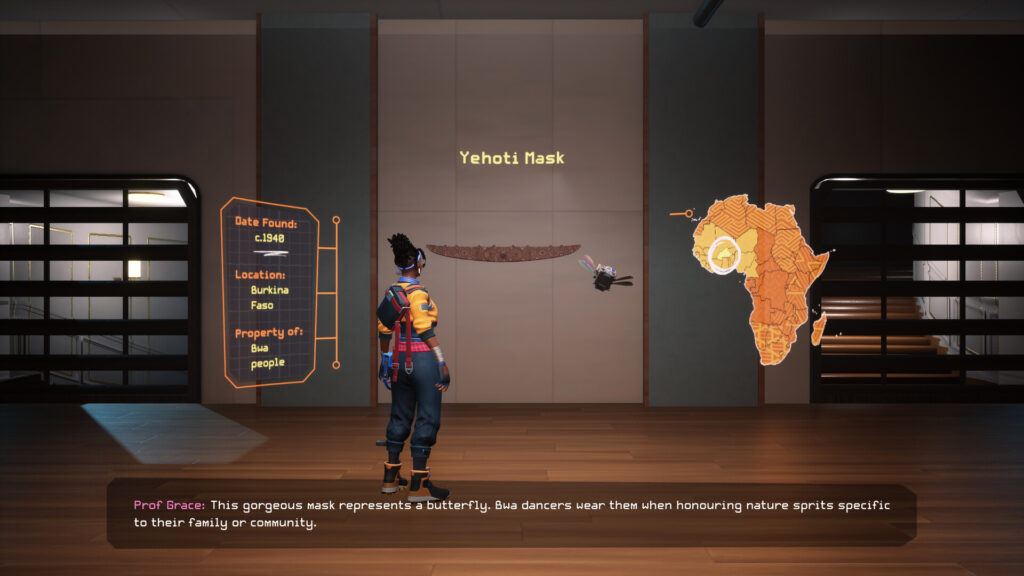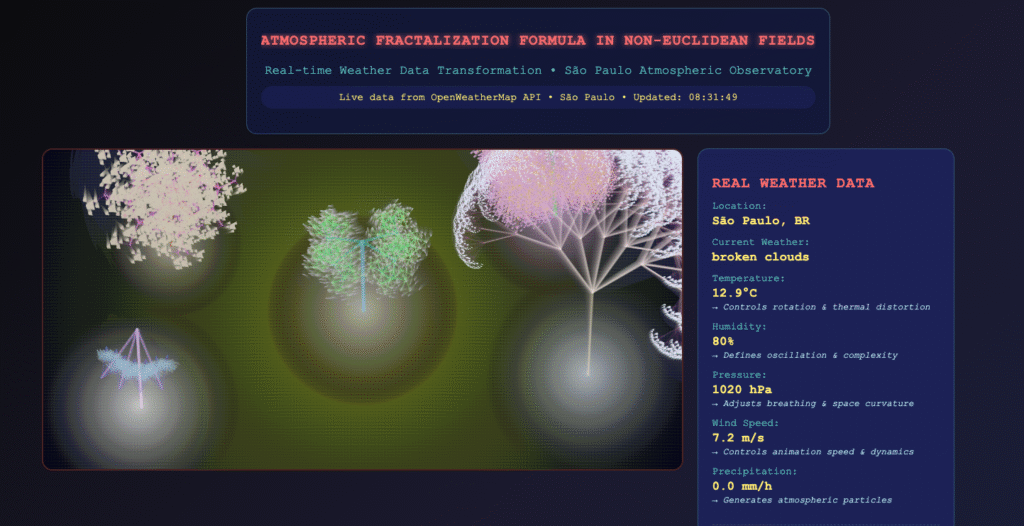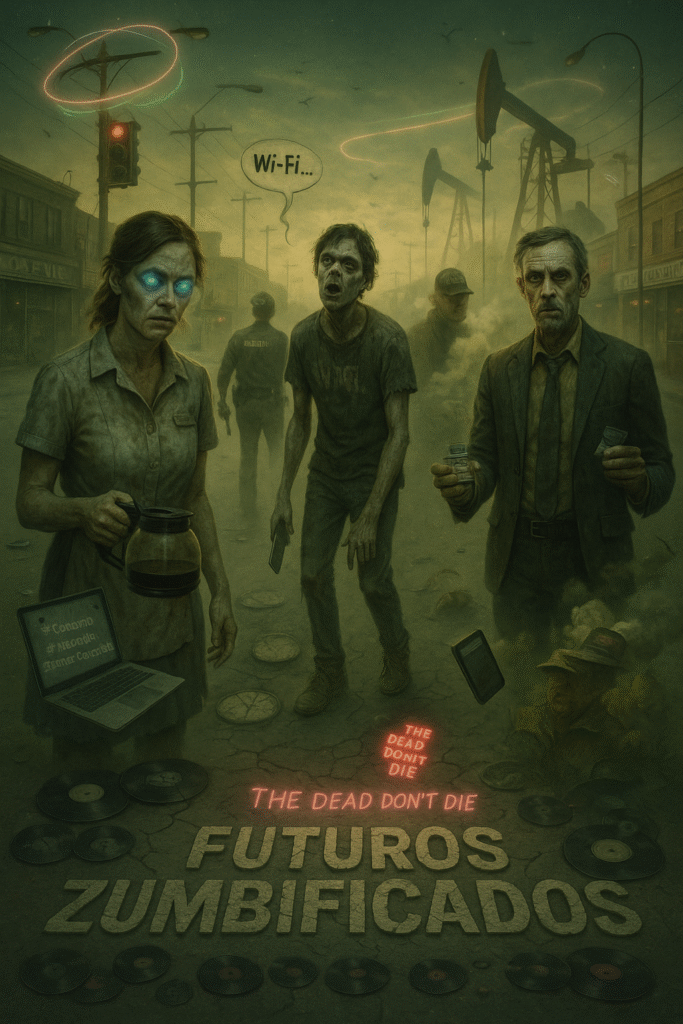A First Experiment with Python: Artwork Inventory Generator
Over the past few months, I’ve been dedicating time to learning the fundamentals of Python programming, with a particular focus on understanding how code can intersect with artistic practices, curatorial work, and collection management. As a beginner, this journey has been challenging and stimulating, a dive into the logic, structure, and creative possibilities that, not […]
A First Experiment with Python: Artwork Inventory Generator Read More »






